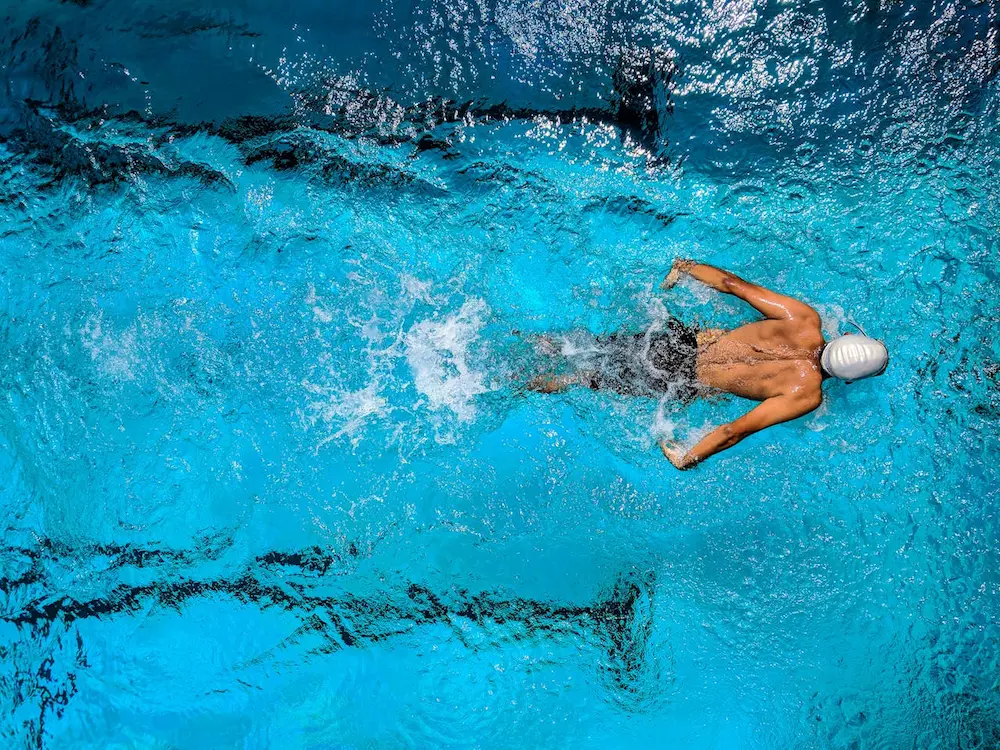The UK Sports Visa grants temporary residency to talented athletes, coaches, and specialists to train and compete in Britain. Introduced in 2008, this specialized visa aims to attract world-class talent and enhance the UK’s competitive edge in sports. However, a philosophical examination of the values and assumptions underlying sports visas opens thoughtful spaces for critique and reimagining.
The Origins of Special Visas for Sports
The UK Sports Visa emerged from broader New Labour policy shifts in the 2000s to strategically leverage immigration channels for economic gain. By expediting entry for top talent in valued fields like sports, creative arts, and academia, specialized visas aimed to enrich culture, global repute, and competitive advantage.
This represented a pivot from historically defensive immigration policies to more proactive recruitment of desirable talent. The Tier 5 (Temporary Worker) Creative and Sporting category enabled elite athletes, coaches, and specialists to readily enter the UK for short-term contracts, tournaments, and training. Applicants require sponsorship from an approved UK sports organization with certification from the relevant national governing body.
At its core, this instrumentalist approach prioritizes attracting top-tier skills and human capital to boost British sports excellence on the global stage. However, this selective logic warrants thoughtful philosophical reflection:
- Does fast-tracking only high-performing athletes neglect ordinary talent that sustains wider community sports?
- When entry pathways value certain quantified abilities over others, who feels welcomed – and excluded?
- Does targeted recruiting of standout talent risk exploiting developing countries’ precious human resources?
- How could sports visas ethically balance priorities of excellence and equity?
A moral compass centered on justice and human dignity can help guide specialized visas towards more enlightened purposes. If you want to move from thoughts to specific actions right away, turn to QC Immigration. This company has extensive experience in visa matters, so you can rely on them completely.
Entry Requirements and Exclusivity
The UK Sports Visa sets clear benchmarks for applicant eligibility. Athletes must demonstrate proven expertise through international competition experience at the highest professional level. Coaches and technical staff need to showcase relevant qualifications and work experience at the pinnacle of their sport. All applicants require English language proficiency.
Sponsoring organizations in the UK must be nationally recognized bodies or sports clubs with elite standing. They need to be officially approved and gazetted under their sport’s governing body. Strict requirements aim to attract only bonafide world-class talent able to enhance British sports.
However, this selective nature risks commodifying people as assets valued only for their measurable abilities. It prompts ethical questions:
- When visa systems treat applicants like human capital resources, what inherent humanity is overwritten?
- How can countries welcome outstanding expertise without exploitation?
- What would a visa process look like that integrates specialized skills with holistic, human-centered policies?
- Should narrow ideas of talent be expanded to acknowledge personal character and potential too?
Truly enlightened sports visa pathways would celebrate human excellence while upholding common dignity.
Reorienting Sports Visas to Community Values
Stepping back, the UK’s dedicated Sports Visa epitomizes the polarizing logic of selective, results-driven mobility programs. But embracing inclusive cooperative virtues like character development, community contribution, and joyful participation can reorient sports visas to serve higher humanist purposes.
What if sports visas recognized these alternative values?
- Kindness, empathy, integrity – not just measurable athletic achievements
- Reciprocal learning and service – not one-sided extraction of talent
- Cultivating potential in all – not just recruiting established stars
- Fostering local community spirit – not just enhancing global status
Such holistic virtues would foster visas that heal divides. They would nurture our shared humanity through sports, not just serve narrow national interests.
Towards More Ethical and Holistic Sports Visas
Rethinking sports visa programs through an ethical lens reveals space to evolve in more humane, enlightened directions. But this requires courage to question long-held assumptions. It demands radical imagination to align visa policies to humanitarian ideals, not just market principles.
What could this re-envisioning look like in practice? Some possibilities:
- Streamlined visas for under-resourced athletes from developing nations to train with UK sports facilities and expertise.
- Sports scholarships and exchanges designed to uplift disadvantaged communities.
- Visas for coaches and mentors to nourish grassroots sports and development.
- Programs where UK athletes share expertise abroad to cultivate mutual growth.
When rooted in reciprocity and human development, sports can transcend divisions and unlock excellence through unity. For athletic greatness flowers most vividly when all can thrive in shared soil. With visionary thinking, specialized visas could help spots heal, connect, and elevate our world.

